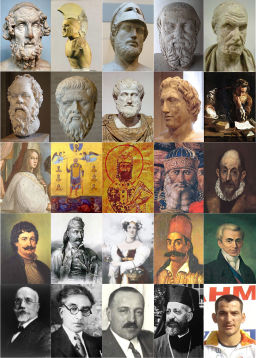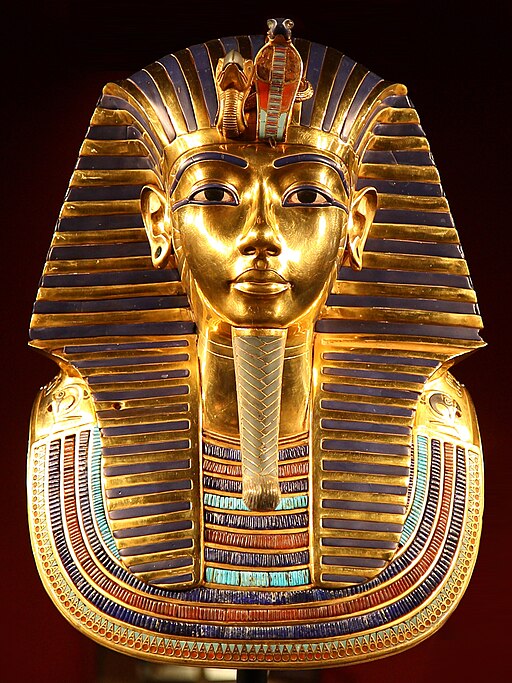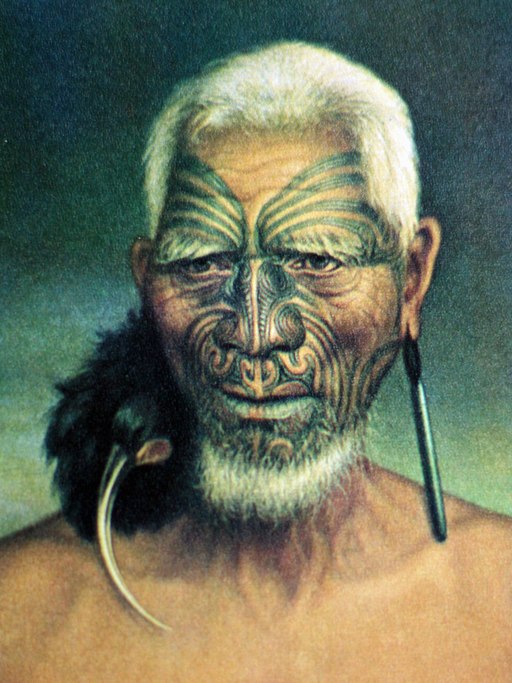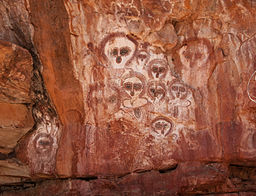
“Grande Odalisque” by Jean-Auguste-Dominique Ingres depicts an odalisque. An odalisque was a chambermaid in the sequestered living quarters used by wives and concubines in the Ottoman sultan’s household.
Grande Odalisque attracted extensive criticism when it was first exhibited. It became renowned for the elongated proportions and departure from the restrictions of anatomical realism.
This work signified Ingres’ break from Neoclassicism and shifted towards exotic Romanticism. Ingres favored long lines to convey curvature and sensuality and the very skillful use of light and shadow to sculpture proportions.
Napoleon’s sister commissioned the painting, and Ingres drew upon famous Renaissance masterpieces and contemporary reclining portraits for inspiration.
Ingres portrays the Odalisque in a pose viewed from the back with a small head, elongated limbs. This technique reveals influences from Mannerists such as Parmigianino, who was famous for anatomical distortion.
Jean-Auguste-Dominique Ingres
Ingres was a French Neoclassical painter who thought of himself as a painter of history and highly regarded for his many portraits.
Critics often found his style bizarre and archaic. However, his expressive distortions of form and space make him an important precursor of modern art, and his work influenced Picasso and Matisse, and other modernists.
The Grand Odalisque
- Title: The Grand Odalisque
- French: La grande odalisque or Une Odalisque
- Artist: Jean-Auguste-Dominique Ingres
- Created: 1814
- Media: Oil on canvas
- Dimensions: Height: 91 cm (35.8 in). Width: 162 cm (63.8 in).
- Museum: The Louvre
Jean-Auguste-Dominique Ingres
- Artist: Jean-Auguste-Dominique Ingres
- Born: 1780 – Montauban, Languedoc, France
- Died: 1867 (aged 86) – Paris, France
- Movement: Neoclassicism
- Notable Works:
- Ruggiero Freeing Angelica
- The Valpinçon Bather
- The Turkish Bath
- Grande Odalisque
- Madame Moitessier ( The National Gallery, London)
- Madame Moitessier (National Gallery of Art, Washington, D.C.)
- Oedipus and the Sphinx (Louvre Museum)
- Oedipus and the Sphinx (Walters Art Museum)
Grande Odalisque by Jean-Auguste-Dominique Ingres
A Tour of the Louvre Paintings
- The Mona Lisa” by Leonardo da Vinci
- “Ruggiero Freeing Angelica” by Jean-Auguste-Dominique Ingres
- “The Valpinçon Bather” by Jean-Auguste-Dominique Ingres
- “The Turkish Bath” by Jean-Auguste-Dominique Ingres
- “Grande Odalisque” by Jean-Auguste-Dominique Ingres
- “Perseus and Andromeda” by Joachim Wtewael
- Self-portrait with Her Daughter, Julie by Louise Élisabeth Vigée Le Brun
- “The Virgin and Child with St. Anne” by Leonardo da Vinci
- “Louis XIV of France” by Hyacinthe Rigaud
- “The Massacre at Chios” by Eugène Delacroix
- “The Battle of San Romano” by Paolo Uccello
- “Virgin of the Rocks” by Leonardo da Vinci
- “The Death of Sardanapalus” by Eugène Delacroix
- “Psyche Revived by Cupid’s Kiss” by Antonio Canova
- “Liberty Leading the People” by Eugène Delacroix
- “The Arcadian Shepherds” by Nicolas Poussin
- “The Lacemaker” by Johannes Vermeer
- “The Money Changer and His Wife” by Quentin Matsys
- “The Fortune Teller” by Caravaggio
- “Portrait of Baldassare Castiglione” by Raphael
- “Charles I at the Hunt” by Anthony van Dyck
- “An Old Man and his Grandson” by Domenico Ghirlandaio
- “Vulcan Presenting Venus with Arms for Aeneas” by François Boucher
- “La belle ferronnière” by Leonardo da Vinci
- Self-Portrait by Élisabeth Sophie Chéron
- The Four Seasons by Nicolas Poussin
- “The Death of Marat” by Gioacchino Giuseppe Serangeli after Jacques-Louis David
- “Oath of the Horatii” by Jacques-Louis David
- “The Coronation of Napoleon” by Jacques-Louis David
Ingres Grand Odalisque
Quotes by Ingres
~~~
“Is there anyone among the great men who have not imitated? Nothing is made with nothing.”
~~~
“Make copies, young man, many copies. You can only become a good artist by copying the masters.”
~~~
“What do these so-called artists mean when they preach the discovery of the’ new’?
Is there anything new? Everything has been done; everything has been discovered.”
~~~
“You have to observe flowers to find the right tones for the folds of clothes.”
~~~
“It takes 25 years to learn to draw, one hour to learn to paint.”
~~~
La Grande Odalisque
~~~
“Is there anyone among the great men who have not imitated? Nothing is made with nothing.”
– Jean-Auguste-Dominique Ingres
~~~
Photo Credit 1)Jean Auguste Dominique Ingres [Public domain], via Wikimedia Commons
Popular this Week








 Sponsor your Favorite Page
Sponsor your Favorite Page SEARCH Search for: Search Follow UsJoin – The JOM Membership Program
Sponsor a Masterpiece with YOUR NAME CHOICE for $5
Share this:
- Tweet
